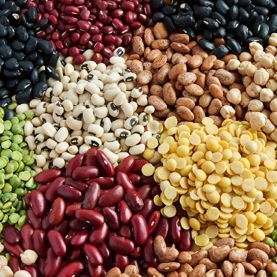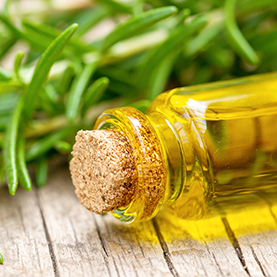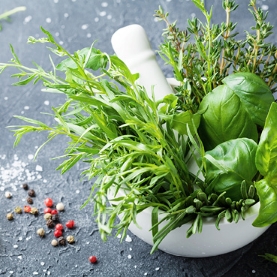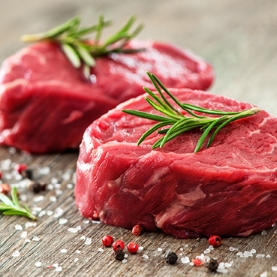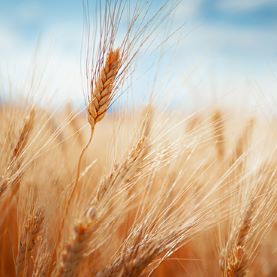Pioneering. Scientific. Effective.
Quality additives for animal nutrition
If you are looking for high-quality feed additives and specialised solutions for animal nutrition, then look no further.
At Kaesler Nutrition we develop, produce and distribute a wide range of tailor-made premixes and proven feed additives that set benchmarks in their efficiency, safety and stability, supporting a holistic, sustainable nutrition. Our portfolio encompasses both classic additives such as vitamins and amino acids as well as specialities, such as enzymes, antioxidants, flavours and drinking water applications for on-farm use.
We support our customers by adapting nutritional concepts to the changing demands of animal husbandry, taking the latest scientific discoveries into account when developing new products and formulation technologies. Discover our products and services.
Our products

Services
Analytical services to support you in the development of safe, high-quality feed and pet food products.

Need assistance?
For further information or if you need help in finding the right product or solution, please contact us.





